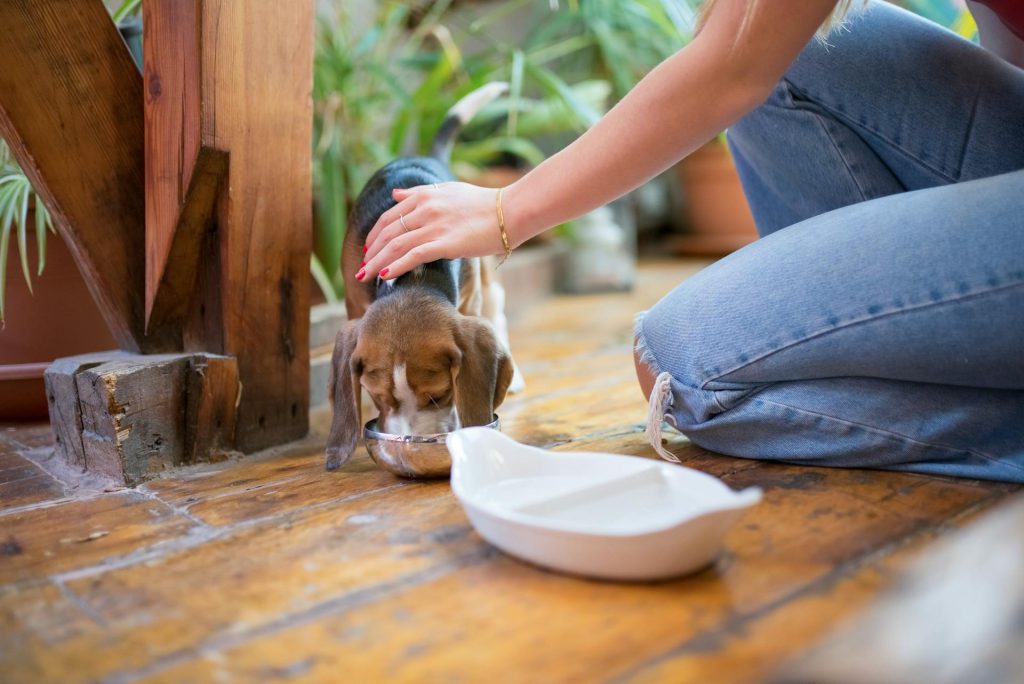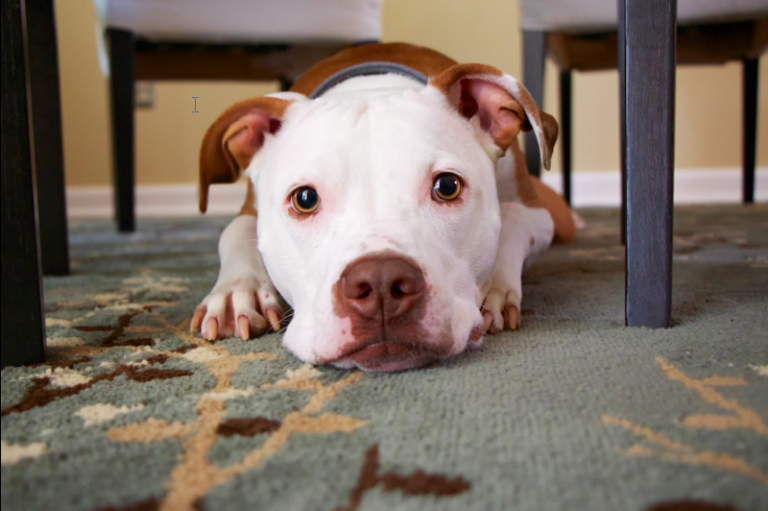getting a puppy – the Key considerations
Getting a puppy into your home is an exciting and joyful experience. However, it is also a decision that should not be taken lightly. Owning a puppy requires time, effort, and financial commitment. It is important to make an informed decision and be prepared for the responsibilities that come with puppy ownership. This article aims to provide a comprehensive guide on buying a puppy, covering various aspects such as the true cost of owning a puppy, finding a reputable breeder, socialisation, training, feeding, grooming, common health issues, and puppy-proofing your home.
Key Takeaways
- Owning a puppy is a big responsibility and requires careful consideration of the true cost involved.
- Finding a reputable breeder is crucial to ensure the health and well-being of your new furry friend.
- Socialisation is key to helping your puppy develop into a well-adjusted and happy adult dog.
- Proper training techniques and essential commands are important for creating a strong bond with your puppy and ensuring good behaviour.
- Choosing the right diet and nutrients, grooming regularly, and being aware of common health issues are all important aspects of caring for your puppy.
- Making sure the right insurance cover is in place to cover any potential well-being issues.
Understanding the True Cost of Owning a Puppy
When considering buying a puppy, it is crucial to understand the true cost of ownership. The initial cost of buying a puppy can vary depending on the breed and where you purchase it from. Purebred puppies from reputable breeders tend to be more expensive than mixed breed puppies or those from pet stores. However, it is important to remember that the initial cost is just the beginning.
Owning a puppy comes with ongoing expenses such as food, vaccinations, veterinary care, grooming, training classes, toys, and supplies. These costs can add up quickly and it is important to budget for them beforehand. It is also worth considering pet insurance to help cover unexpected veterinary expenses. By understanding the true cost of owning a puppy and budgeting accordingly, you can ensure that you are financially prepared for the responsibilities that come with puppy ownership.
Finding a Reputable Breeder: Tips and Tricks
One of the most important aspects of buying a puppy is finding a reputable breeder. Unfortunately, there are many unscrupulous breeders out there who prioritise profit over the well-being of their dogs. These breeders often operate puppy mills or backyard breeding operations where dogs are kept in poor conditions and bred indiscriminately.
To avoid supporting these unethical practices, it is essential to do your research and find a reputable breeder. Look for breeders who prioritise the health and well-being of their dogs, who provide proper socialisation and veterinary care, and who are knowledgeable about the breed. A reputable breeder will be happy to answer any questions you have and may even ask you questions to ensure that their puppies are going to a good home.
The Importance of Socialisation for Your New Puppy
Socialisation is a crucial aspect of raising a well-rounded and well-behaved puppy. It involves exposing your puppy to a variety of people, animals, environments, and experiences in a positive and controlled manner. Proper socialisation helps puppies develop confidence, reduces fear and anxiety, and teaches them how to interact appropriately with others.
To socialise your puppy, start by introducing them to different people of all ages, including children. Gradually expose them to other animals, both dogs and cats, in a safe and controlled environment. Take your puppy on outings to different places such as parks, pet-friendly stores, and busy streets. Expose them to different sounds, sights, and smells. It is important to make these experiences positive by rewarding your puppy with treats, praise, and play.
Training Your Puppy: Essential Commands and Techniques
Training your puppy is not only important for their safety but also for their overall well-being. A well-trained puppy is more likely to be well-behaved, happy, and confident. Training also strengthens the bond between you and your puppy.
Start with basic commands such as sit, stay, come, lie down, and leave it. Use positive reinforcement techniques such as treats, praise, and play to reward your puppy for good behaviour. Be consistent with your training and practice regularly in short sessions. It is also important to be patient and understanding as puppies learn at their own pace.
Feeding Your Puppy: Choosing the Right Diet and Nutrients

Proper nutrition is essential for the health and growth of your puppy. It is important to choose a balanced diet that meets their specific nutritional needs. Puppies require a diet that is higher in protein, fat, and calories compared to adult dogs.
When choosing food for your puppy, look for high-quality brands that use real meat as the main ingredient. Avoid foods that contain fillers, artificial preservatives, and by-products. Consult with your veterinarian to determine the appropriate portion size and feeding schedule for your puppy based on their age, breed, and activity level.
Grooming Your Puppy: Maintaining a Healthy Coat and Skin
Grooming is an important part of caring for your puppy's overall health and well-being. Regular grooming helps maintain a healthy coat and skin, prevents matting and tangling, and allows you to check for any signs of skin issues or parasites.
Start by getting your puppy used to being handled and touched all over their body. Introduce them to grooming tools such as brushes, combs, nail clippers, and toothbrushes gradually and make it a positive experience by rewarding them with treats and praise. Brush your puppy's coat regularly to remove loose hair and prevent matting. Trim their nails regularly to prevent overgrowth and discomfort. Clean their ears and brush their teeth regularly to maintain good oral hygiene.
Common Health Issues in Puppies: Prevention and Treatment
Puppies are susceptible to certain health issues that can affect their overall well-being. It is important to be aware of these common health issues and take steps to prevent them.
Some common health issues in puppies include parasites such as fleas, ticks, and worms, respiratory infections, gastrointestinal issues, skin allergies, and genetic conditions specific to certain breeds. To prevent these health issues, make sure your puppy receives regular veterinary care including vaccinations, deworming, and flea and tick prevention. Feed them a balanced diet, provide regular exercise, and maintain good hygiene. If you notice any signs of illness or discomfort in your puppy, consult with your veterinarian for proper diagnosis and treatment.
Puppy-Proofing Your Home: Safety Tips for Your Furry Friend
Before bringing your puppy home, it is important to puppy-proof your home to ensure their safety. Puppies are curious and can get into mischief if they are not properly supervised or if there are hazards in their environment.
Some common household hazards for puppies include toxic plants, cleaning products, medications, electrical cords, small objects that can be swallowed, and open windows or balconies. Make sure to remove or secure any potential hazards. Keep toxic substances out of reach and secure electrical cords. Provide your puppy with safe and appropriate toys to chew on to prevent them from chewing on furniture or other household items.
Preparing for a Lifetime of Love and Care with Your Puppy
Bringing a puppy into your home is a decision that should not be taken lightly. It requires time, effort, and financial commitment. By making an informed decision, finding a reputable breeder, socialising and training your puppy, providing proper nutrition and grooming, preventing common health issues, and puppy-proofing your home, you can ensure that you are prepared for a lifetime of love and care with your furry friend.
Owning a puppy is a rewarding experience that brings joy and love into your life. However, it also comes with responsibilities. By being prepared and educated on the various aspects of puppy ownership, you can provide the best possible care for your new furry friend. Remember to always prioritise their health and well-being, seek professional advice when needed, and enjoy the journey of raising a happy and healthy puppy.
Looking to create an article that surpasses the one you're currently reading? Look no further! We've found a related article that dives into the most expensive operations that dog owners might have to pay for. From unexpected surgeries to costly treatments, this article from Pet Insurance Cover provides valuable insights into the financial aspects of owning a dog. Discover the potential expenses and learn how to protect yourself and your furry friend. Check out the article here: https://petinsurancecover.co.uk/most-expensive-operations-that-dog-owners-might-have-to-pay-for/.
FAQs
What are the key considerations when getting a dog?
When getting a dog, it's crucial to consider factors like the financial commitment, time investment, and readiness for responsibility.
How do I understand the true cost of owning a puppy?
Understanding the true cost involves factoring in initial expenses like purchase price and ongoing costs such as food, vet bills, and grooming.
What should I consider when finding a reputable breeder?
Considerations include researching breeders, ensuring proper care and socialisation of puppies, and asking questions about health and breeding practices.
Why is socialisation important for my new puppy?
Socialisation helps puppies develop confidence, reduces fear, and teaches appropriate interaction with people, animals, and environments.
What are the essential commands and techniques for training my puppy?
Basic commands like sit, stay, and come, along with positive reinforcement techniques, are key to effective puppy training.
How do I choose the right diet and nutrients for my puppy?
Opt for high-quality foods with real meat ingredients and consult with a vet to determine the best diet based on your puppy's breed, age, and health needs.
What are some tips for grooming my puppy?
Introduce grooming tools gradually, maintain regular brushing and nail trimming, and ensure your puppy is comfortable with handling and grooming routines.
What are the common health issues in puppies, and how can I prevent them?
Common health issues include parasites, respiratory infections, and genetic conditions; prevention involves regular vet check-ups, vaccinations, and good hygiene.
How can I puppy-proof my home to ensure my puppy's safety?
Remove hazards like toxic substances and secure electrical cords; provide safe toys and supervise your puppy to prevent accidents.
What are the key steps to prepare for a lifetime of love and care with my puppy?
Prepare by making informed decisions, finding a reputable breeder, socialising and training your puppy, providing proper nutrition and grooming, and creating a safe environment at home.

